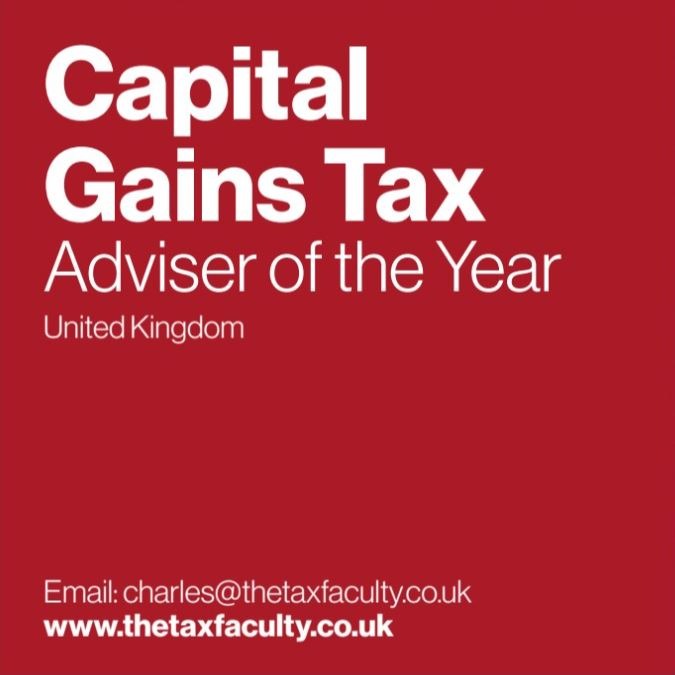Landlords' Secret Tax Hack: Why 400K Buy-to-Let Owners Are Going Limited!
Discover why a record number of landlords are forming limited companies to slash tax bills and navigate rising interest rates. Is this the ultimate property investor loophole?
HMRCLIMITED COMPANYBUY-TO-LETLANDLORD
The Tax Faculty
3/24/20254 min read
A dramatic shift is taking place in the UK’s property investment landscape. A staggering 401,744 buy-to-let (BTL) landlords have now moved their properties into limited companies —a 332% increase since 2016!
But why?
The answer lies in rising tax burdens, soaring interest rates, and a game-changing tax loophole that corporate structures offer. Let’s break down this trend and explore whether it’s the right move for you.


Why 400K Buy-to-Let Landlords Are Switching to Limited Companies – And Should You?
The Rise of the Limited Company Landlord
According to Companies House data, there are now more buy-to-let companies than any other business type in the UK. That’s four times more than takeaways and hairdressers combined! The tax changes introduced by George Osborne in 2016 set the stage for this shift, phasing out full mortgage interest relief for individual landlords.
With personal tax bills skyrocketing, landlords have been left scrambling for a solution.
Enter: the limited company structure. This tax-efficient setup allows landlords to deduct mortgage interest as a business expense—a major advantage over personal ownership, where only a 20% tax credit is allowed.
How Much Tax Can Landlords Save?
For landlords in the higher tax bracket (40%), the savings can be significant. Let’s say a landlord earns £1,000 per month in rent (£12,000 annually) and pays £500 per month in mortgage interest (£6,000 annually):
Individual Landlord Taxation:
Rental Income: £12,000
Mortgage Interest Deduction: Not allowed, only a 20% tax credit
Taxable Income: £12,000
Tax Due (40% rate): £4,800
Tax Credit (20% on £6,000 interest): £1,200
Final Tax Payable: £3,600
Limited Company Taxation:
Rental Income: £12,000
Mortgage Interest Deduction: Fully deductible (£6,000)
Taxable Income: £6,000
Corporation Tax (19-25%): £1,140 - £1,500
Incorporation results in a lower tax liability at the corporate level. However, landlords must also consider dividend taxation (8.75% to 39.35%) when withdrawing profits, which can impact overall savings.

Noting the Pros and Cons of Incorporation
✅ Advantages of Using a Limited Company:
Lower tax rates (corporation tax vs. higher personal income tax)
Full mortgage interest relief (unavailable to individual landlords)
Limited liability protection (personal assets remain safe if things go south)
❌ Disadvantages of Using a Limited Company:
Dividend taxation (when extracting profits from the company)
Higher setup & admin costs (accounting, legal fees, and compliance)
More complex tax filing (quarterly digital tax submissions from 2026)
The Making Tax Digital Factor: More Red Tape Ahead?
Starting April 2026, landlords earning over £50,000 per year will be required to file quarterly digital tax returns under the Making Tax Digital (MTD) initiative. This will extend to those earning over £30,000 by April 2027. HMRC is already sending warning letters to affected landlords, urging them to prepare for the change.
For landlords still on the fence, this could be another compelling reason to incorporate. Corporate landlords already maintain structured financial records, making the MTD transition easier.
Final Thoughts
While switching to a limited company can offer major tax advantages, it’s not a one-size-fits-all solution. Higher administrative costs and dividend tax implications mean landlords need to carefully crunch the numbers before making the leap.
However, with interest rates climbing, tax burdens increasing, and stricter reporting requirements on the horizon, it’s no surprise that nearly three out of four new buy-to-let purchases are now structured as limited companies.
Thinking about incorporating? Speak to one of our tax specialists at The Tax Faculty to see if it’s the right move for you!
Capital Gains Tax Expertise: The Tax Faculty LLP Managing Partner Charles Tateson Named UK Capital Gains Tax Advisor of the Year 2023
The Finance Monthly Taxation Awards recognises the achievements of tax professionals from around the globe.
Winning such an award is no small feat. It is a reflection of hard work, extensive knowledge, and an ability to navigate the intricacies of the UK tax system.
Read more about Charles and the award here.



Contact Us
Contact us today on freephone 0800 0016 878 for a free consultation on all tax issues, or fill out the handy form below and we'll get back to you as soon as possible.
Alternatively, you can email us at info@thetaxfaculty.co.uk or complete the form below.
(Please note, non-UK callers may need to call 0207 101 3845 if your line cannot connect to our 0800 number)
Feel free to contact us through WhatsApp - we accept calls and messages.
Simply click the WhatsApp button below:
The Tax Faculty LLP - info@thetaxfaculty.co.uk
Call us on 0800 0016 878 for a free consultation
Copyright © 2024 The Tax Faculty LLP - All Rights Reserved


